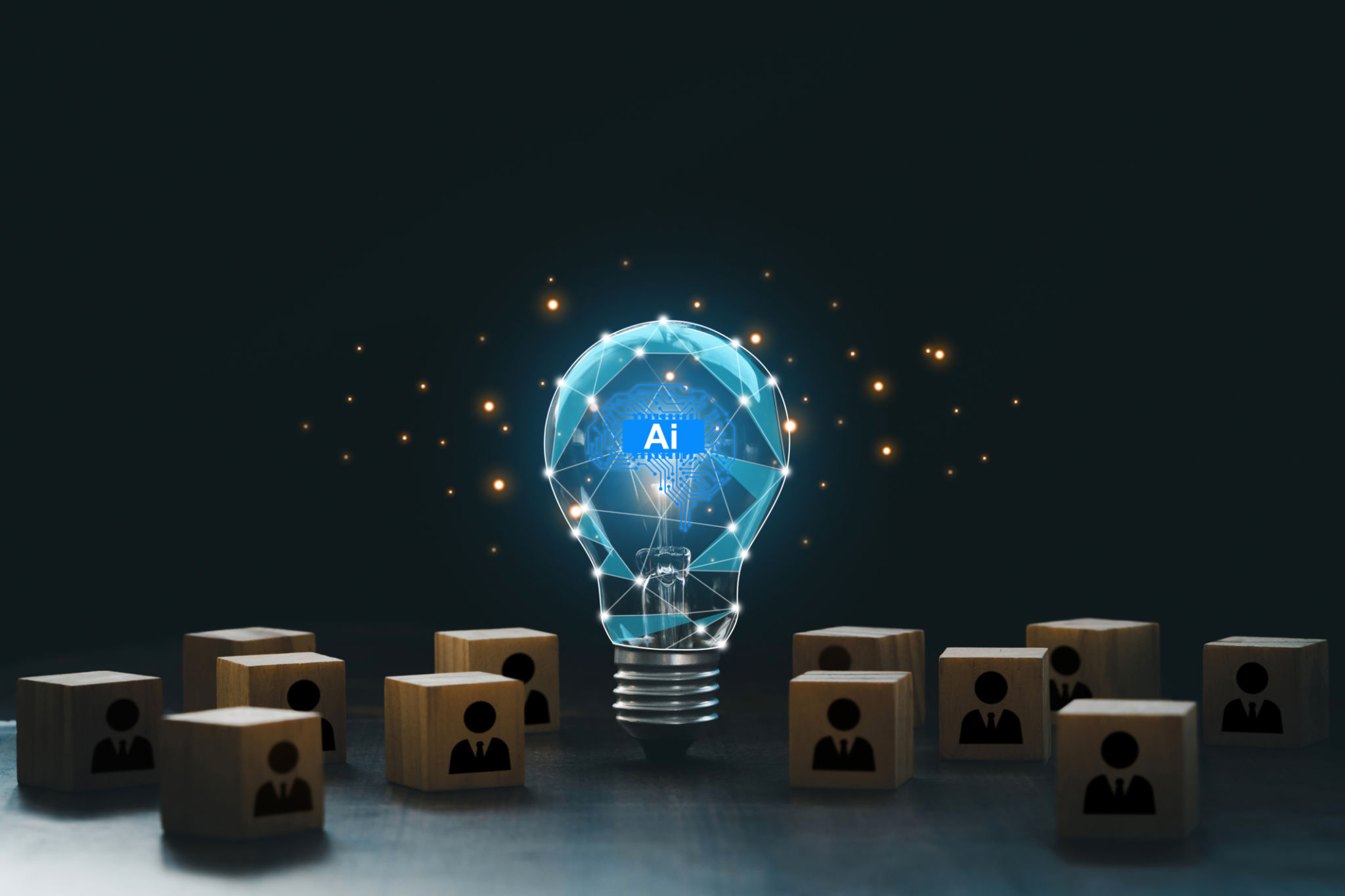Adapting to Trends: The Future of Marketing Strategy with AI Integration
Embracing the AI Revolution in Marketing
In the rapidly evolving landscape of marketing, one thing remains constant: change. As businesses strive to stay ahead of the curve, adapting to new trends is crucial. One of the most transformative trends in recent years is the integration of artificial intelligence (AI) into marketing strategies. This evolution is reshaping the way brands connect with consumers, offering unprecedented opportunities to enhance customer experiences and drive growth.

The Power of Personalization
AI's ability to analyze vast amounts of data allows marketers to create highly personalized experiences for their customers. By leveraging machine learning algorithms, businesses can gain insights into consumer behavior, preferences, and purchasing patterns. This data can then be used to tailor marketing messages and product recommendations, ensuring that each interaction feels personal and relevant.
Personalization not only improves customer satisfaction but also boosts conversion rates. When consumers feel understood and valued, they are more likely to engage with a brand and make a purchase. As AI continues to advance, the potential for even more sophisticated personalization strategies will grow exponentially.
Automating Routine Tasks
Another significant advantage of AI integration is the automation of routine marketing tasks. From managing social media accounts to optimizing ad campaigns, AI tools can handle repetitive tasks efficiently, freeing up valuable time for marketers to focus on strategic initiatives. Automation also ensures consistency and accuracy, reducing the likelihood of human error.

By automating processes such as email marketing, customer segmentation, and lead scoring, companies can streamline their operations and improve productivity. This shift towards automation allows marketing teams to allocate resources more effectively and concentrate on creative endeavors that require human ingenuity.
Enhancing Customer Insights
AI-driven analytics provide deeper insights into consumer behavior than ever before. By analyzing patterns and trends within large datasets, businesses can gain a comprehensive understanding of their target audience. This knowledge enables marketers to make data-driven decisions that enhance customer engagement and loyalty.
For instance, predictive analytics can forecast future buying behaviors, allowing companies to anticipate customer needs and adjust their strategies accordingly. By staying ahead of these trends, businesses can maintain a competitive edge in a crowded market.

Challenges and Considerations
While AI offers numerous benefits, integrating it into marketing strategies does come with challenges. Data privacy concerns are at the forefront, as consumers become increasingly aware of how their information is used. Companies must ensure they are transparent about data collection practices and comply with regulations to build trust with their audience.
Additionally, implementing AI requires a significant investment in technology and talent. Organizations need skilled professionals who can manage AI systems and interpret data accurately. Despite these challenges, the long-term benefits of AI integration far outweigh the initial hurdles.
The Future of AI in Marketing
As AI technology continues to evolve, its impact on marketing will only grow stronger. The future promises even more advanced capabilities, such as real-time personalization, enhanced voice recognition, and improved natural language processing. These innovations will enable marketers to create seamless and intuitive experiences that resonate with consumers on a deeper level.
In conclusion, adapting to trends like AI integration is essential for the future success of marketing strategies. By embracing AI's potential, businesses can unlock new opportunities to connect with customers, streamline operations, and drive growth in an ever-changing digital landscape.